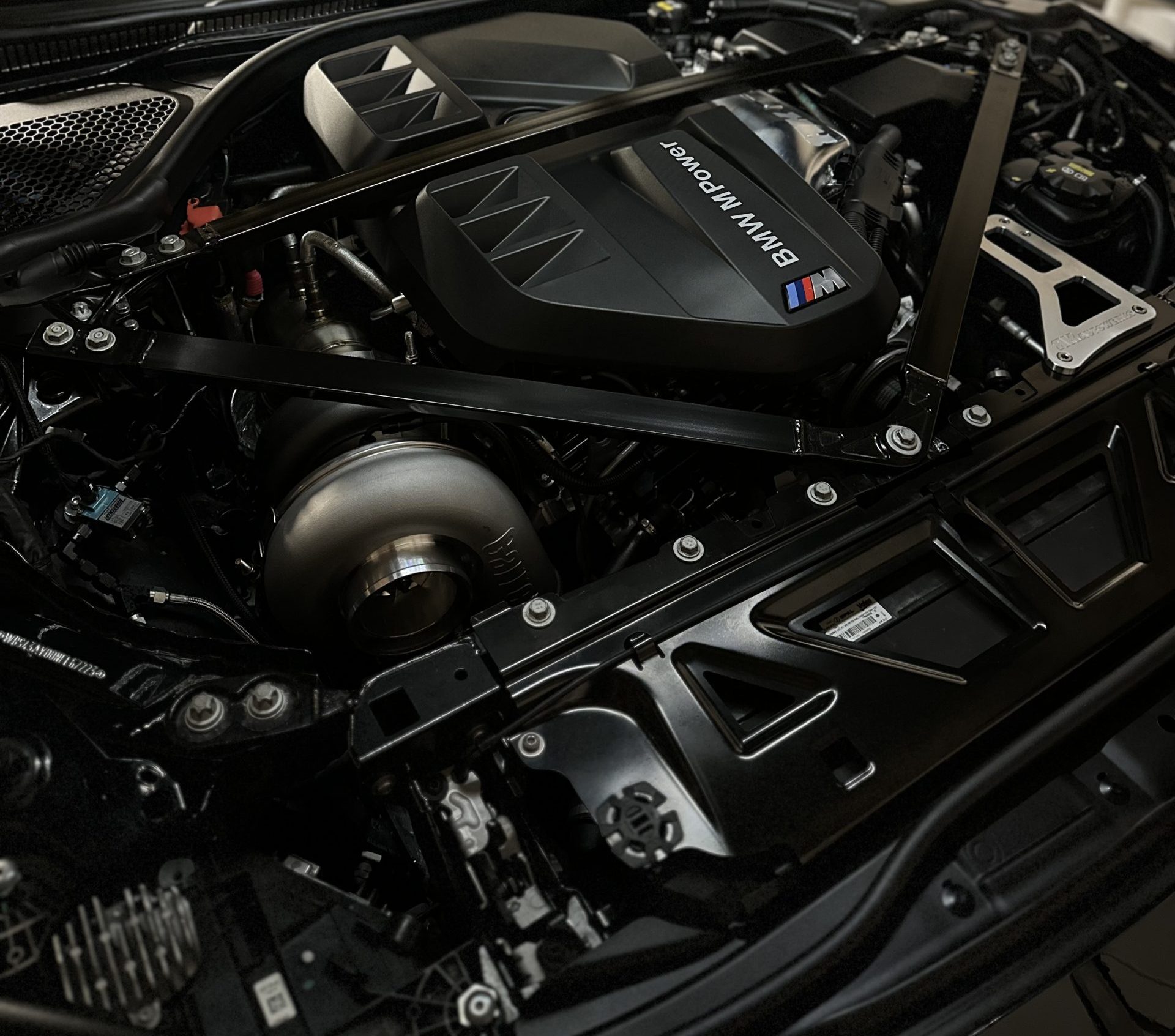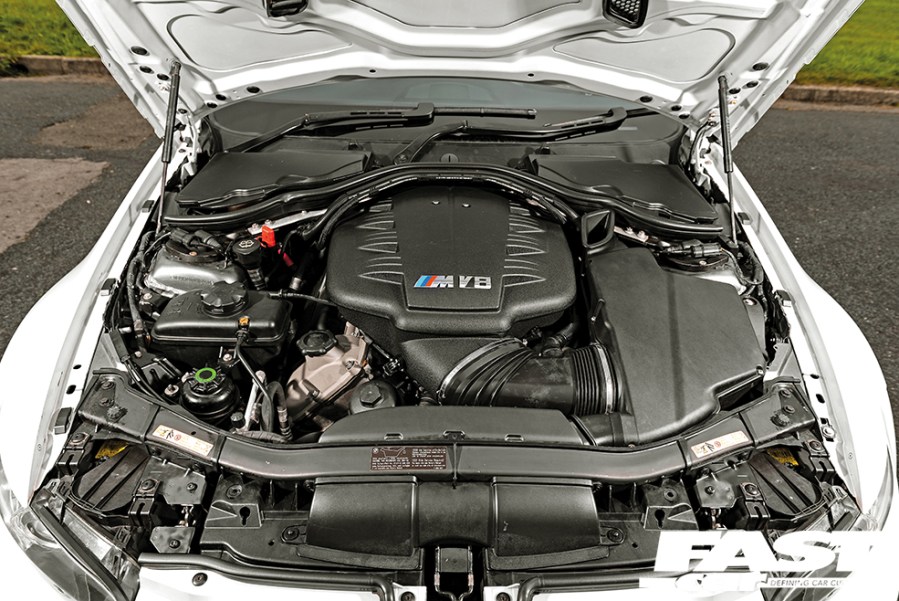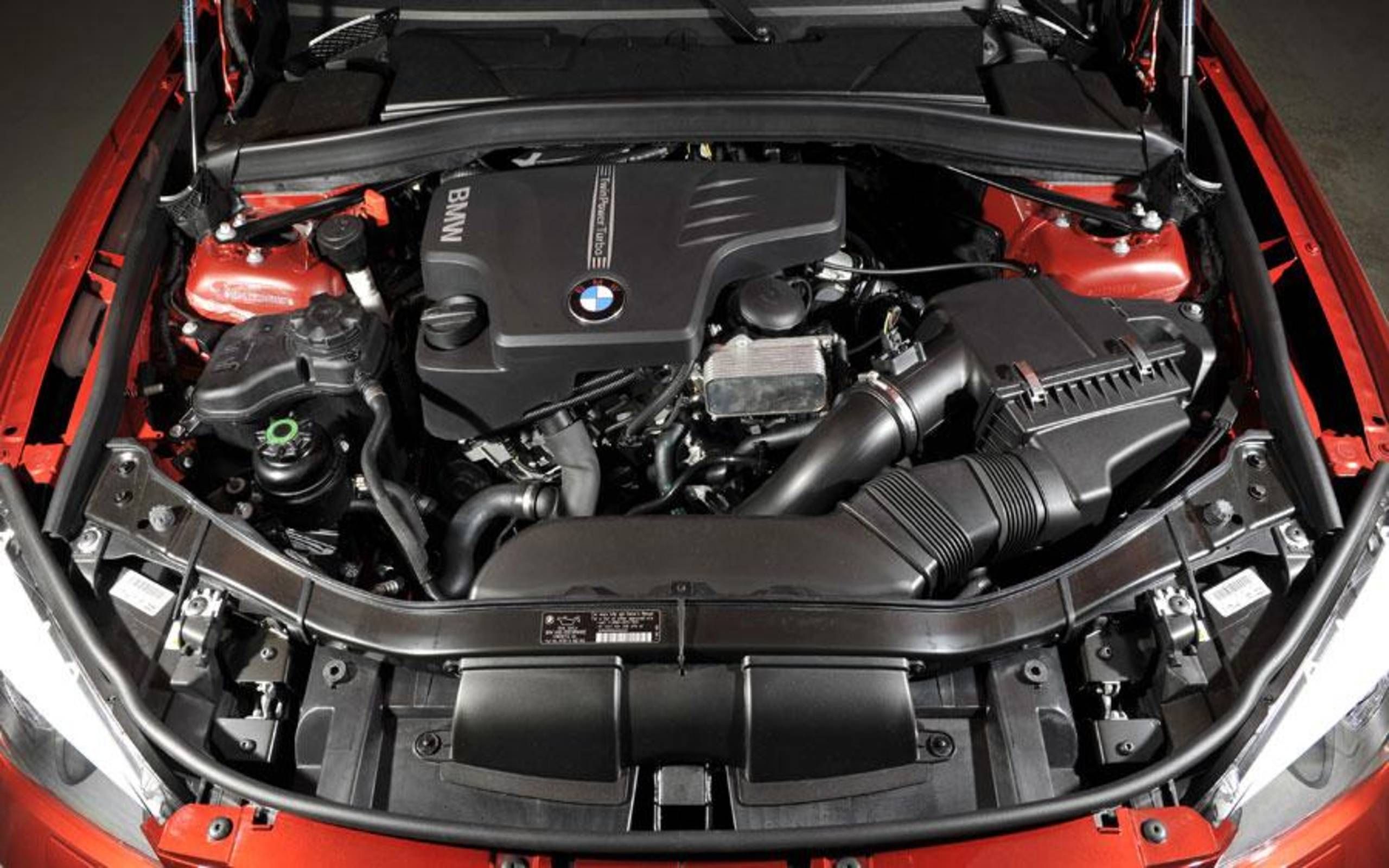A Comprehensive Guide to Recognizing BMW Engine Specs
Introducing the Intricacies of Next-Generation Power Units: a Deep Dive Into Advanced Engine Layouts and Innovations
In the world of automobile engineering, the unrelenting quest of sustainability, performance, and performance has driven the evolution of power units to unprecedented heights. As we depend on the precipice of a brand-new period in transport, the intricacies of next-generation engine designs beckon us to discover the advanced innovations and technologies that promise to redefine the driving experience. From sophisticated products that press the limits of sturdiness and weight reduction to advanced turbocharging and supercharging systems that raise power outcome to new levels, each component of these power systems holds an essential to unlocking the future of auto design. Delving deeper right into the worlds of emission control, intelligent engine administration systems, and the horizon of power unit development, we discover ourselves on the cusp of a makeover that promises to improve the landscape of mobility as we understand it.
Advancement of Engine Products

The change towards advanced engine materials has likewise enabled designers to create engines with greater power outcomes while keeping fuel effectiveness criteria. The use of light-weight products decreases the general weight of the engine, leading to improved fuel economy and reduced discharges. Additionally, advancements in materials modern technology have enabled far better thermal monitoring within engines, leading to enhanced dependability and durability.
Turbocharging and Supercharging Technologies
How do Turbocharging and Supercharging Technologies change engine efficiency and effectiveness in modern-day cars? Turbo charging and turbocharging are innovations that significantly boost engine efficiency by enhancing the quantity of air intake into the burning chamber. Turbocharging attains this by making use of a turbine driven by exhaust gases to pressurize the consumption air, while supercharging uses a belt- or chain-driven compressor to accomplish the same impact.
These modern technologies allow smaller sized, a lot more fuel-efficient engines to produce power comparable to bigger ones, called downsizing. By forcing even more air right into the cylinders, turbocharging and supercharging boost combustion effectiveness, resulting in boosted horsepower and torque outcome without a significant rise in engine size. This leads to better velocity, towing ability, and overall driving performance.
In addition, supercharging and turbocharging add to improved fuel effectiveness by allowing the use of smaller engines that eat less gas under regular driving conditions - bmw engine. This mix of improved efficiency and efficiency has made turbocharging and turbo charging indispensable components of lots of modern-day engine designs
Discharge Control and Environmental Effect
With raising international issues pertaining to air top quality and environmental sustainability, the implementation of discharge control innovations in automobiles plays an essential function in minimizing unsafe pollutants released into the atmosphere. Modern cars are furnished with innovative exhaust control systems that aid lessen the ecological effect of auto procedures. Catalytic converters, for example, are made to convert toxic gases such as carbon monoxide gas, nitrogen oxides, and hydrocarbons right into much less unsafe materials like co2 and water vapor.
In addition, advancements in engine technology, such as the integration of exhaust gas recirculation systems and discerning catalytic decrease, have actually dramatically added to decreasing discharges. These innovations operate in tandem to optimize burning efficiency and minimize the launch of dangerous contaminants into the air. Additionally, the development of crossbreed and electric lorries stands for a vital step in the direction of minimizing the general environmental impact of the transportation sector.
Intelligent Engine Administration Solution

Moreover, these systems allow automobiles to meet strict exhausts requirements without jeopardizing performance, offering an extra eco-friendly driving experience. The assimilation of expert system and artificial intelligence abilities in engine monitoring systems remains to push the borders of what is feasible, leading to further renovations in performance, dependability, and overall car performance. bmw engine. As vehicle modern technology developments, smart engine monitoring systems will play a critical function in forming the future of transport in the direction of a much more lasting and efficient instructions
Future Trends in Power Device Growth
As intelligent engine administration systems pave the method for boosted control and optimization in modern-day automobiles, future fads in power device growth are poised to redefine the landscape of automotive propulsion technologies. These alternate power sources offer boosted effectiveness and performance while lining up with stringent ecological regulations.
An additional significant fad is the integration of sophisticated products and making strategies. Light-weight materials such as carbon fiber and aluminum are being used to decrease total vehicle weight, improving gas performance and efficiency. Additionally, advancements in 3D printing and additive production are enabling the manufacturing of complex engine elements with greater accuracy and resilience.
Furthermore, expert system and equipment discovering are playing an important duty in optimizing power unit performance. These technologies enable real-time tracking and flexible control, resulting in extra reliable and reliable power shipment. In general, future fads in power unit development are check that tailored towards effectiveness, efficiency, and sustainability, driving the automotive industry towards a new period of propulsion innovations.

Verdict
To conclude, the innovations in engine materials, turbocharging, emission control, and intelligent monitoring systems have led the method for next-generation power devices. These advancements have not only enhanced efficiency and performance yet also decreased environmental impact. As technology remains to evolve, future trends in power unit advancement are most likely to concentrate on further enhancing sustainability and maximizing power outcome. The elaborate styles and technologies in modern engines display the ongoing evolution of vehicle innovation.
Discovering the progressive improvements in engine products has been crucial in improving the efficiency and efficiency of modern-day engines. Over the years, the advancement of engine products has played an important role in pressing the limits of what engines can accomplish.The shift in the direction of advanced engine materials has likewise made it possible for engineers to develop engines with greater power outcomes while preserving gas performance requirements.The implementation of intelligent engine administration systems in modern automobiles has reinvented the means engines are controlled and enhanced for efficiency and performance. By collecting information in real-time and evaluating it with innovative formulas, smart engine monitoring systems can adapt to driving styles, ecological elements, and engine health to maximize power output while lessening fuel intake and exhausts.